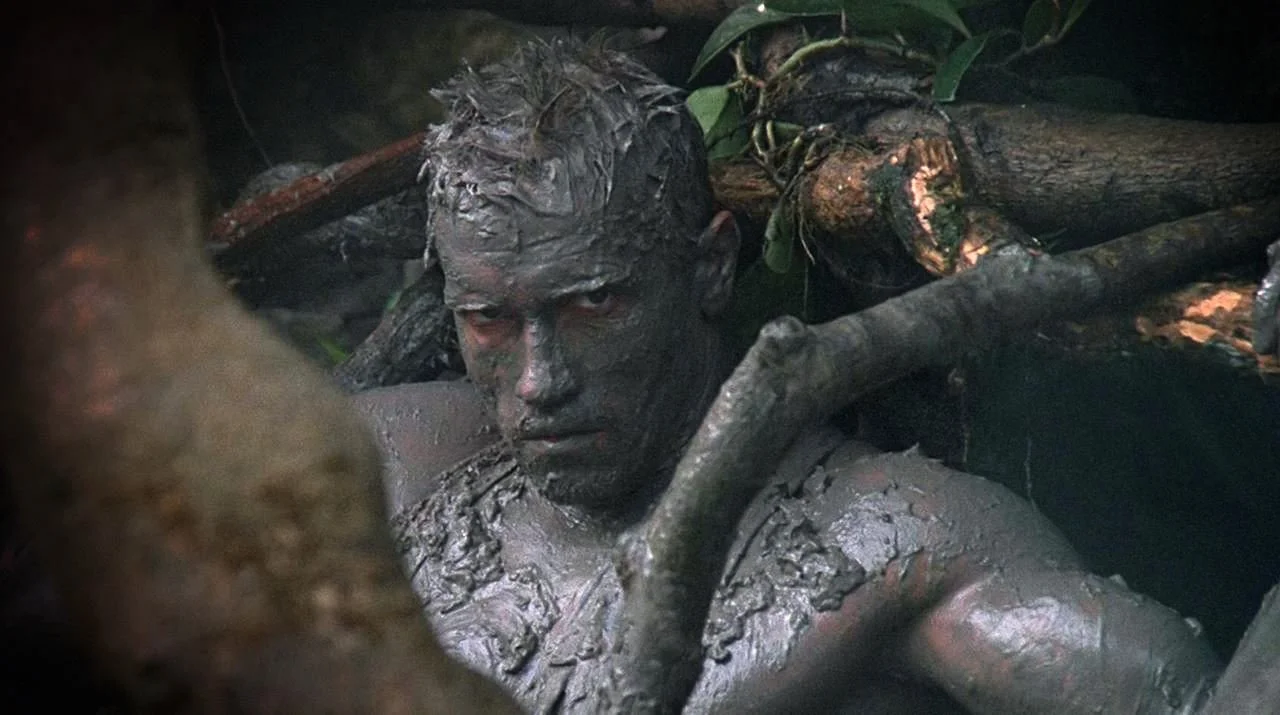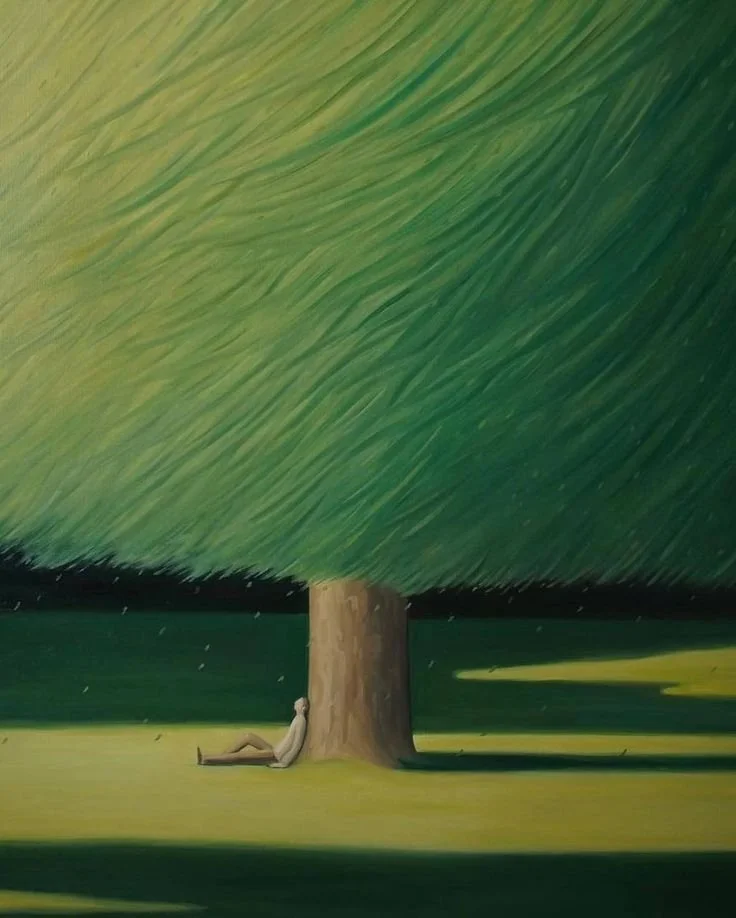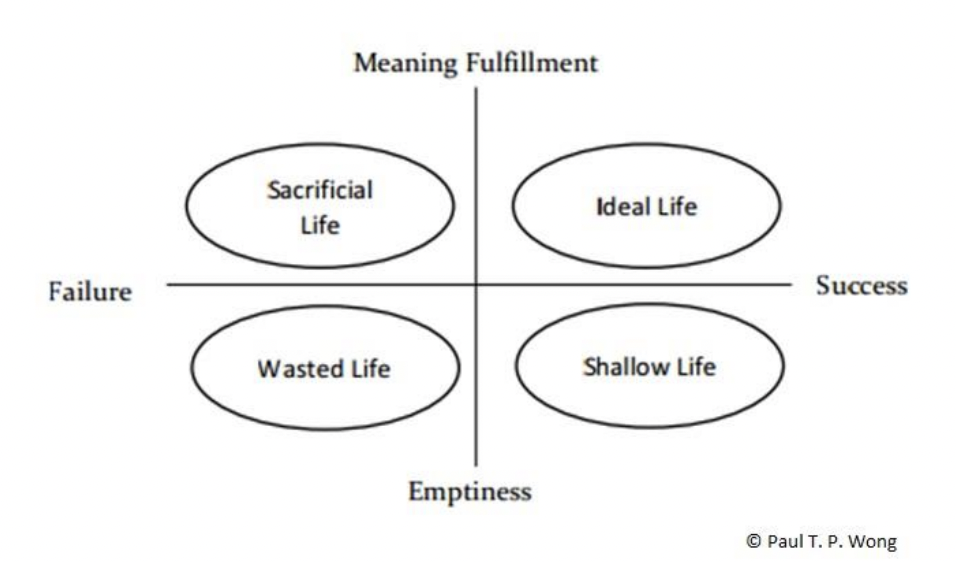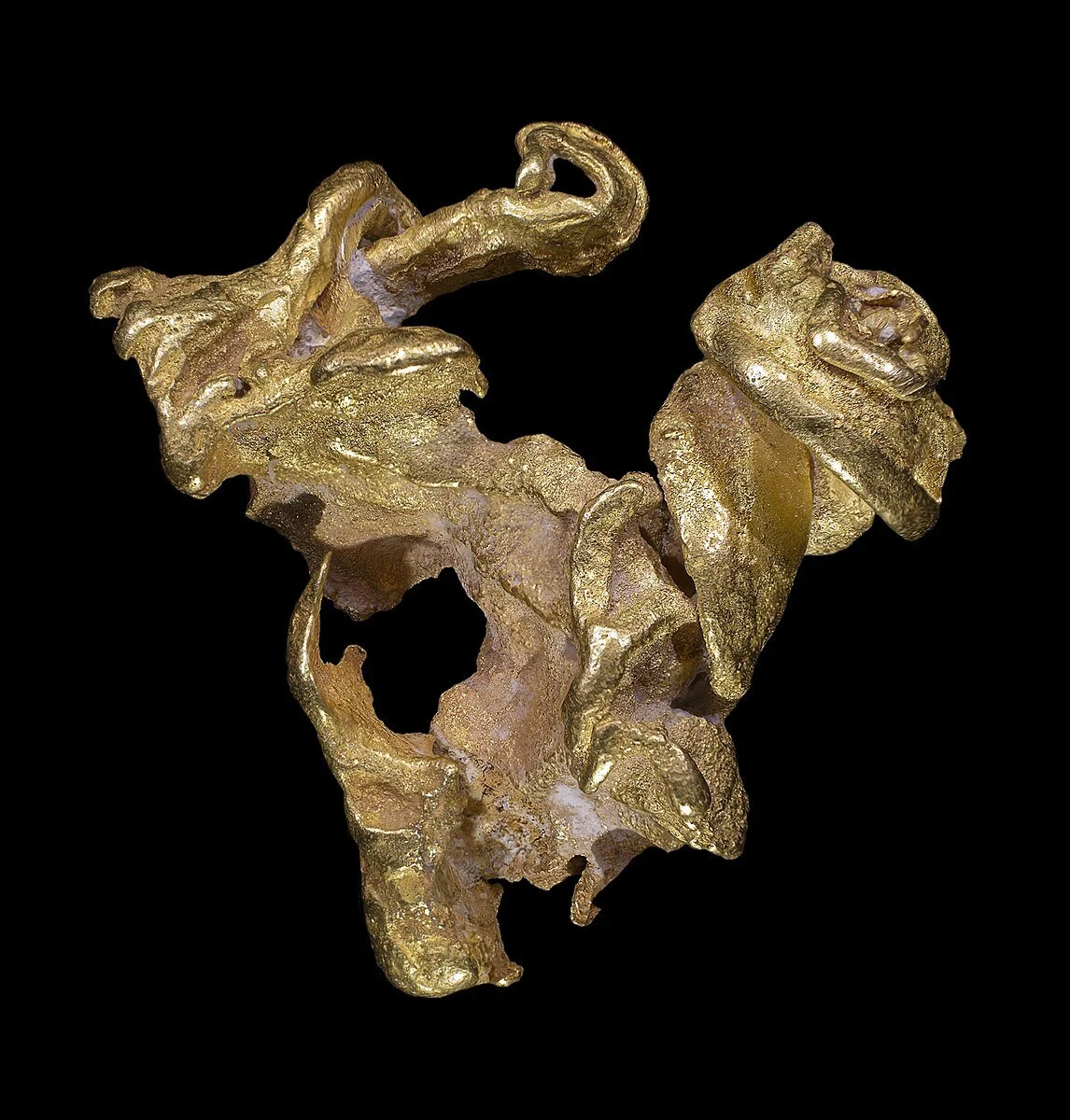Unknown artist
We boldly, proudly, and easily say “I want,” “I know,” “I did,” “I figured it out,” “I will,” and so on. It feels like we control our lives completely. Yet thousands of processes inside you happen on their own:
heartbeat
digestion
sweating
tissue repair
nerve impulses
hormone production
immune system work, etc.
But it's not just physiology beyond our control. Emotions and feelings also arise on their own. So do pleasure and pain. Ideas, long-forgotten memories, and dreams come from nowhere.
In therapy, you learn there are no accidents in your personal life. Your slips of the tongue, missteps, forgotten things, or lost items—they’re often the work of unconscious desires.
And your interests—are they really yours? Something grabs your gaze, holds it tight, and you can’t look away. Ignore that pull too long, and your energy drains in every part of life.
Who cuts the power? Call Him what you want, but it’s not you. Not the Ego skeptically reading this. Deep inside, you feel an autonomous Force, one that has an interest in you.
Jung calls it the Self, and it hungers to unlock your potential. It can feed you, guide you, scare you, or lift you up. But the Self can’t act alone. It needs your Ego to turn its desires into reality. Without you, that Force stays locked in potential.
No wonder it gets demonic when you ignore it. In extreme cases, the Self starts taking revenge on the Ego. One could consider psychopathology as the war between two centers within a person.
“There is an old saying — the eleventh commandment is to become yourself. And that's the hardest one of all,” said psychoanalyst James Hollis.
Sincerely yours,
-Alexander
About me:
As a business therapist, I help tech founders quickly solve dilemmas at the intersection of business and personality, and boost company value as a result.
How can I help you?
If you've long been trying to understand what is limiting you and/or your business and how to finally give important changes a push, then The Catalyst Session is designed specifically for you. Book it here.





















